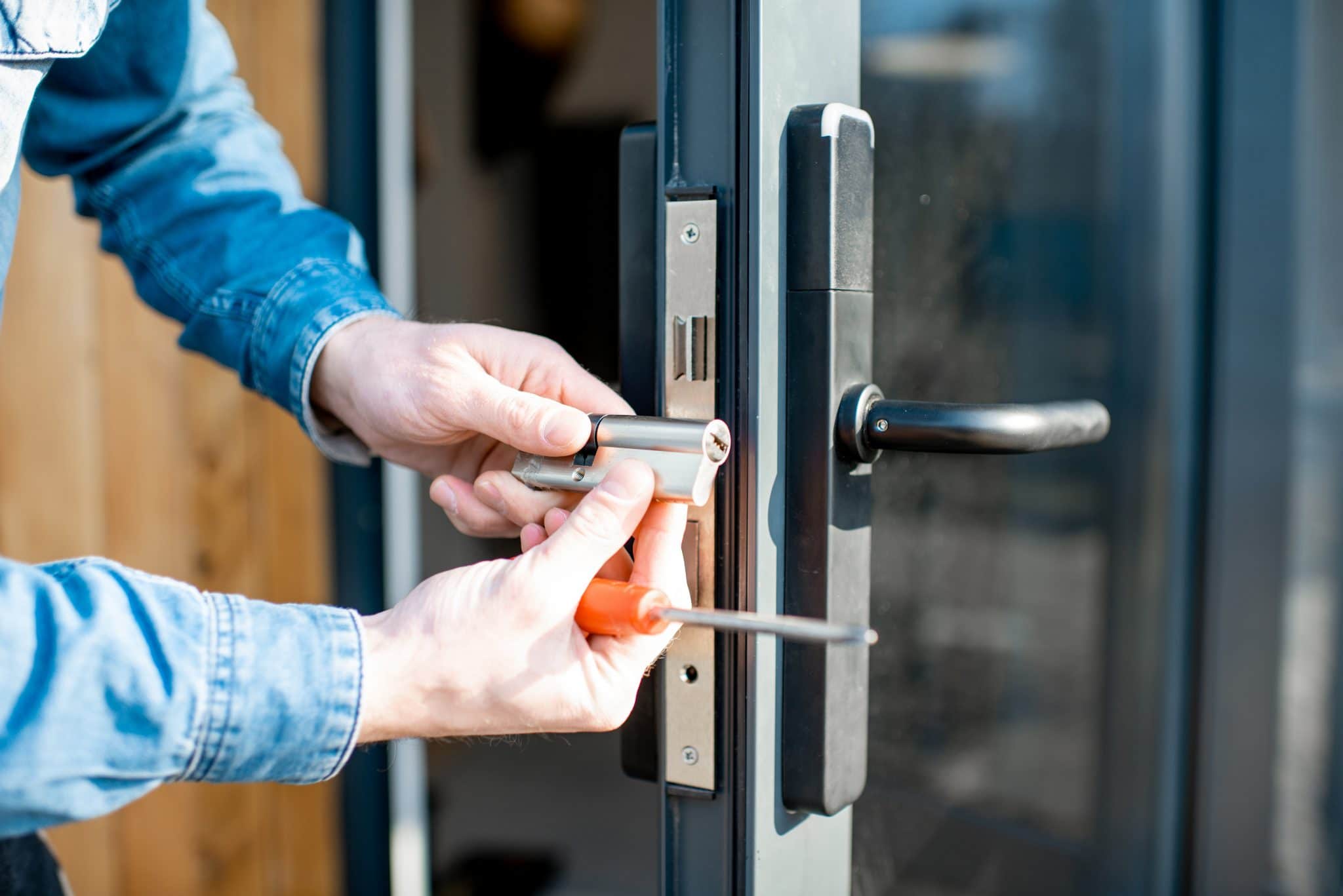The relatively low percentage of Black residents getting the COVID-19 vaccine still concerns Hamilton County leaders. Their latest plan to boost vaccination rates involves a high-tech bus.
County commissioners want to bus to bring the COVID-19 vaccine and health care services into Black communities.
On Tuesday, the three commissioners passed a resolution instructing staff to come up with a plan to purchase a bus, customized it with medical equipment and develop a plan to go into underserved areas throughout the county to deliver COVID-19 vaccine.
“What we’re proposing today, it’s more than a bus,” said Commissioner Alica Reece, who proposed the program called the Hamilton County Equity and Resources Mobile Tech Bus. “This is designed to restore confidence in public health and bring economic resources to the community.”
Hamilton County has done relatively well, ranking second in the state for the percentage of Black residents vaccinated. But it’s still a small percentage, with only 1 in 10 of the county’s Black residents vaccinated as of March 23. Roughly 1 in 4 county residents has gotten at least one shot, state data shows.
The county must still work out the details, such as the cost of the bus and who will run it. Reece wants to have it ready in April, though staff expressed misgivings that the purchase and remodeling of a bus could take longer.
The goal is to offer walk-up vaccines without advance reservations at some point, Reece said. Currently, all of those getting the COVID-19 vaccine need an appointment.
Ohio Gov. Mike DeWine expressed support for the idea of a mobile vaccination service in a news conference earlier this month at an East Walnut Hills senior center. Reece showed a clip of the news conference at Tuesday’s meeting.
“I’ve talked to Alicia about this,” DeWine said at the event. “She’s absolutely right. It needs to be done.” DeWine added that the idea of mobile vaccination clinics also could be used in rural areas.
Federal COVID-19 relief dollars, as well as private donations, would pay for the Hamilton County bus, Reece said. Kroger has pledged $20,000 and agreed to help staff it, she said.
The bus would continue delivering health services throughout the community after the pandemic. It will be retrofitted with wi-fi, ultra-cold freezers to transport the vaccine, a pharmacy, examination tables, a chair to draw blood and other medical accessories.
It’s based on a similar bus and program developed by Hampton University, a private, historically Black college in Hampton, Virginia. Reece traveled to Hampton last week to tour the bus.
Black leaders in Cincinnati praised the idea at Tuesday’s meeting.
“Many times in the Black community, we get lip service and window dressing when it talks about equity and the demographics they’re trying to reach,” said Cincinnati NAACP President Joe Mallory. “I believe this is an opportunity to leave no one behind and meet them where they are.”
Getting people in Black neighborhoods registered for the vaccine, particularly among elderly populations, has been a challenge, said Mallory and Bryan Walker, a pastor at a predominantly Black church in Walnut Hills and a director at Walker Funeral Home. Many older church members don’t have means of transportation, Walker said, and have trouble navigating the registration system online.
Walker’s church and funeral home set up a customer service line to help people in the neighborhood through the process to get a vaccine appointment, he said.
“With the mobile tech bus, I’m praying, our congregation is praying,” Walker said. “Because some of us are very intimidated with even registering.”
Read or Share this story: https://www.cincinnati.com/story/news/2021/03/23/covid-19-vaccine-hamilton-county-take-shots-black-neighborhoods/6966142002/





More Stories
What are the roles of civil engineers in construction projects?
A Developer’s Dream: Achieving Full Stack Mastery with Logicmojo
Top 5 Benefits of Working with a Professional Locksmith